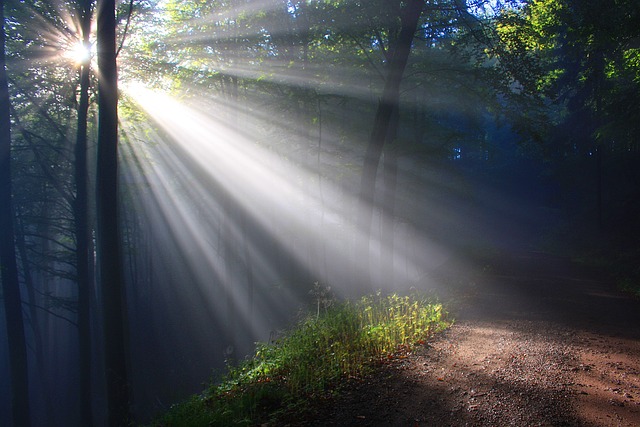If you haven’t already, please start by reading What is Kabbalah?
King David prayed “Open my eyes so I may see the wonders from within your Torah” Psalm 119:18.
The authorship of the Zohar will be addressed another time. First, what is the Zohar?
By now you know that Kabbalah is the study of ideas not clearly found in the Torah. However, the Torah itself conceals secrets within it’s stories and even letters. You are also aware that the Torah is made up of the written law and oral law / tradition. People not familiar with the Torah usually knock the idea of an oral law. They fail to understand that the written law is proof that there must be an oral law. In that same way, there are ideas found in the written Torah and secret ideas that have been passed down orally.
The Zohar covers both, secrets the Torah does not mention at all AND secrets hidden within the verses of the Torah, that is all.
Sometimes the Zohar talks clearly, and sometimes the Zohar conceals the teaching in a complex way that only someone trained in understanding the Zohar’s encoding system, can make sense of the passage in the Zohar.
The word Zohar means radiant or shine and it is called The Zohar because in the beginning of the book it discusses the verse in Daniel 12:3, an end time prophecy “And the knowledgeable will be radiant (כזהר) like the bright expanse of sky, and those who lead the many to righteousness will be like the stars forever and ever.” Since the Zohar claims it will play a role in the end times, the book has become very popular in the past few decades.
Within the Zohar some secrets are theoretical and some are practical. Theoretical kabbalah secrets are those that discuss things about the universe, God, and other ideas that you cannot apply to your day to day life outside of using it within meditation. Practical Kabbalah secrets are those that you can apply.
Should you start off by learning the Zohar?
Reading the Zohar without stressing about understanding it is a good practice. Much of the Zohar will come across as random stories even if you do not understand the meaning behind them yet.
As you apply kabbalah teachings within your life and you see significant changes, you might be driven to understand more of the fundamental aspects of theoretical kabbalah. However, it is not necessary. As mentioned elsewhere, you don’t have to understand how electricity works to be able to enjoy it.
